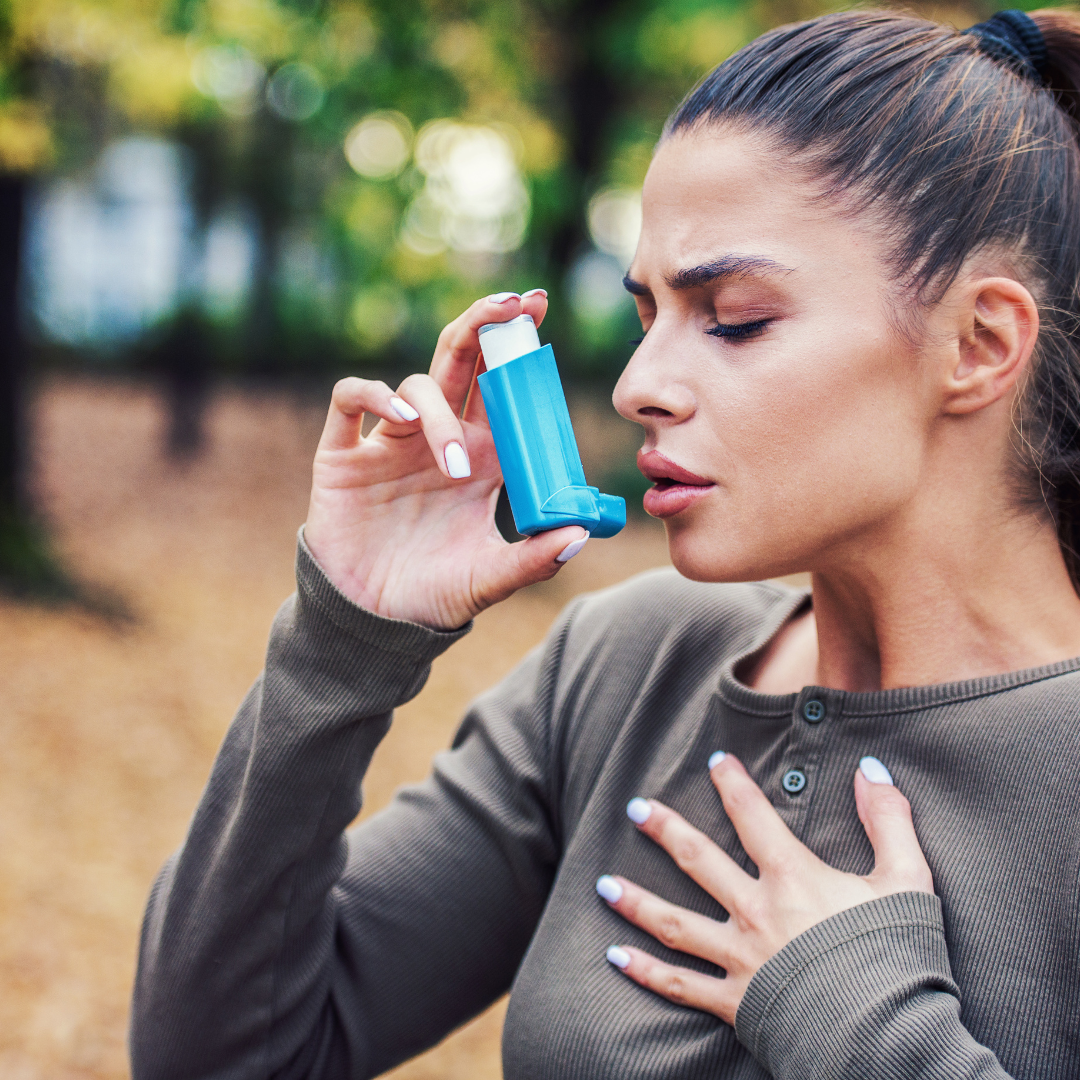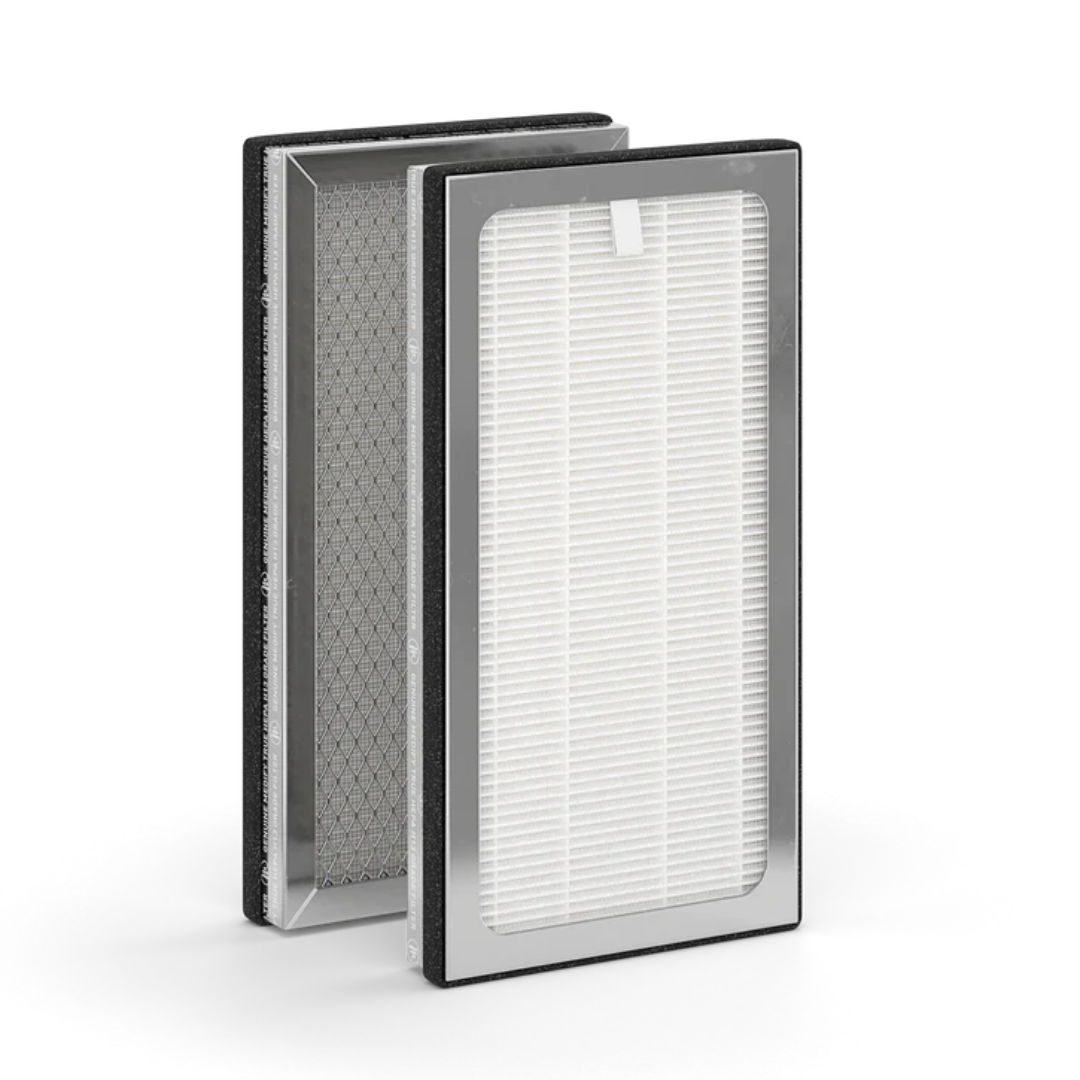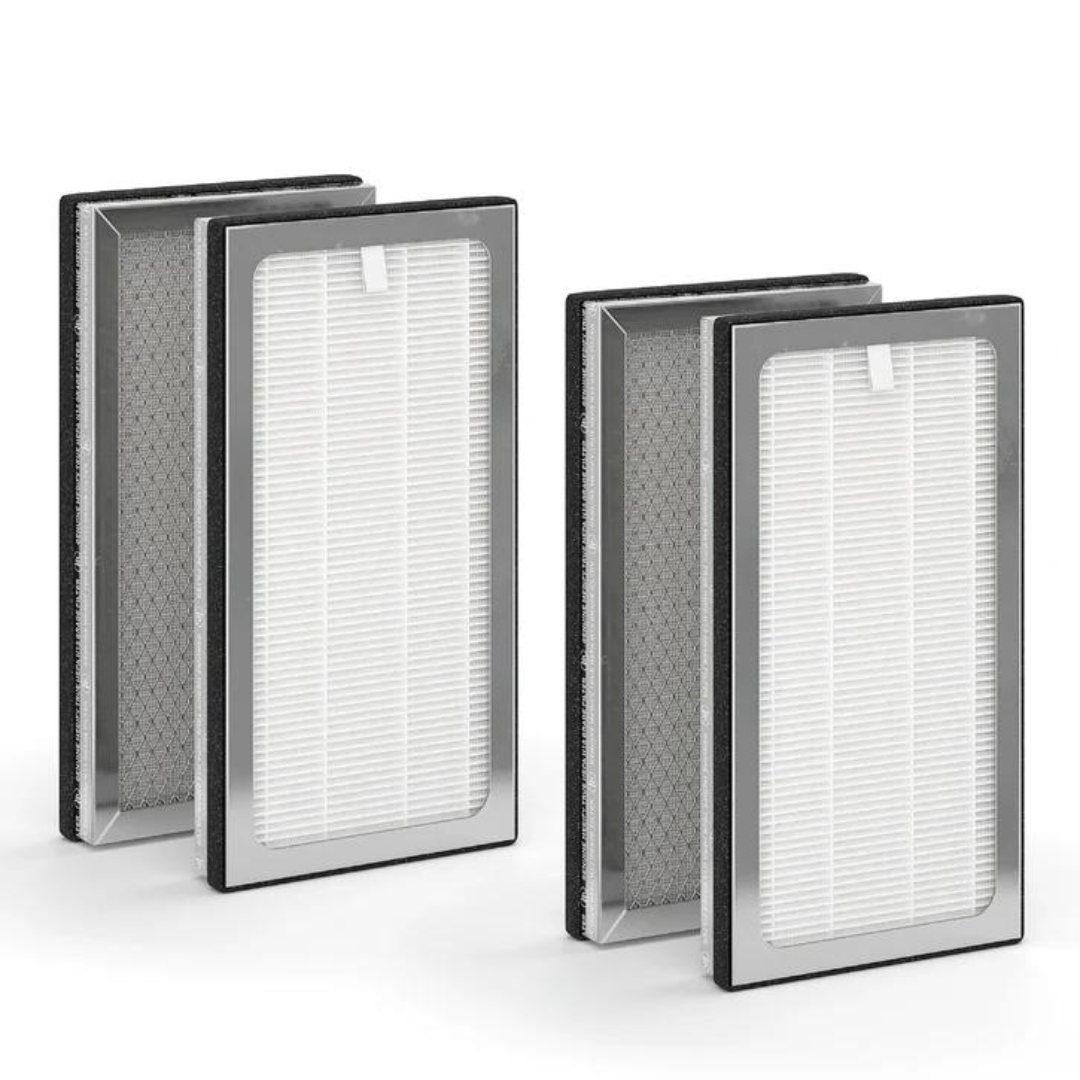If you have asthma, you may notice that your symptoms worsen during specific times of the year. This can be particularly frustrating and concerning, as various environmental factors can trigger asthma attacks. Is there a season that exacerbates your asthma? The short answer is yes.
Winter and Asthma
Winter can be particularly challenging for individuals with asthma due to cold temperatures and respiratory infections, which can exacerbate symptoms. The frigid air can irritate the bronchial tubes, while seasonal infections can inflame the airways, making it harder to breathe.
Cold air often triggers asthma symptoms, such as chest tightness and wheezing. Additionally, the risk of respiratory infections increases, which can worsen asthma. Indoor air pollution from heating sources like stoves or fireplaces can also be problematic.
Cold Weather and Windy Conditions
Cold and windy weather poses specific challenges for asthma sufferers. Cold air can constrict the airways, causing wheezing and shortness of breath. Wind can stir up allergens like pollen and dust, leading to asthma attacks or aggravated symptoms.
To protect yourself, dress warmly, use a scarf or mask over your nose and mouth, and consider using a humidifier to prevent dry airways. Avoid going outside in windy conditions or use protective gear if necessary.
Indoor Environment
Spending more time indoors during winter can impact asthma symptoms, depending on indoor air quality. Indoor allergens like dust mites, pet dander, and mold can trigger symptoms. Additionally, irritants such as cigarette smoke, candles, and cleaning products can worsen asthma.
Maintain clean indoor air by using HEPA filters in air purifiers, vacuuming regularly with a HEPA-equipped vacuum, and washing bedding in hot water. Avoid smoking indoors and opt for non-toxic cleaning products. Use natural air fresheners or open windows for ventilation.
Respiratory Infections in Winter
Winter often brings respiratory infections, which are particularly challenging for those with asthma. Common colds and the flu can cause airway inflammation and trigger asthma symptoms.
To protect yourself, practice good hygiene by washing your hands frequently and avoiding contact with sick individuals. Ensure you are up to date on vaccinations, including the flu vaccine. If you catch an infection, seek medical advice promptly to manage your symptoms and prevent severe asthma attacks.
How to Minimize Asthma Attacks in Winter
To reduce the risk of asthma attacks during winter, stay warm by dressing in layers and using a scarf or mask over your face. Avoid exposure to common triggers like respiratory infections and indoor allergens. If you exercise outdoors, warm up properly and dress appropriately. Use air purifiers with HEPA filters to improve indoor air quality and help reduce allergens.
Work with a Doctor on an Asthma Action Plan
Develop a personalized asthma action plan with your doctor to manage your symptoms effectively. This plan should include details on your asthma triggers, medications, and steps to take during an asthma attack. Regular follow-ups with your doctor will help keep your plan up to date and address any changes in your condition.
Have Reliever Inhalers Accessible
Always carry your reliever inhaler to manage sudden asthma symptoms quickly. Follow your doctor’s instructions for using the inhaler and be aware of any changes in your symptoms. Frequent use of the inhaler may indicate that your asthma is not well controlled, and you should consult your healthcare provider.
Avoid Indoor Allergens
Minimize exposure to indoor allergens like pet dander and dust mites. Regularly clean and vacuum your home, wash bedding in hot water, and use HEPA air filters. If visiting others, inquire about the home environment to avoid allergens.
Exercise-Induced Asthma in Colder Months
Exercise-induced asthma can be more pronounced in colder weather. To manage this, warm up before physical activity and wear a scarf or mask to warm the air you breathe. If outdoor conditions are too harsh, consider indoor exercises like swimming or yoga.
Signs of a Severe Asthma Attack
During winter, be alert to signs of a severe asthma attack, such as chest tightness, persistent wheezing, and difficulty breathing. Seek medical attention immediately if symptoms worsen or if your reliever inhaler is not effective. Understand your asthma action plan and be prepared to take appropriate measures.
How Medify Air Purifiers Can Help
Medify Air purifiers, equipped with HEPA filters, can be a valuable tool in managing asthma symptoms, especially during the winter. They effectively capture airborne allergens and pollutants, helping to reduce triggers and improve indoor air quality. By incorporating a Medify Air purifier into your winter asthma management strategy, you can create a cleaner, healthier indoor environment.
By following these guidelines and using tools like Medify Air purifiers, you can better manage your asthma and reduce the impact of winter-related triggers.



